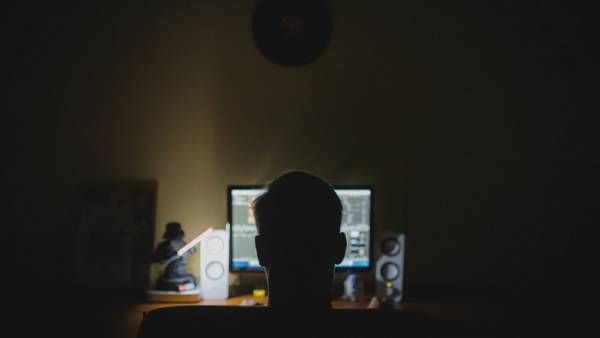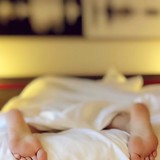Lack of sleep and working at night increased inattention to five times
American researchers have found that when it lack of sleep short duration of sleep at night, not long periods of wakefulness, leading to a strong reduction of attention and reaction time in this case is doubled.

The article was published in the Proceedings of the National Academy of Sciences.
During sleep occurs many essential processes: restoration of metabolic equilibrium of nerve cells, reorganization of neurons with the synaptic pruning that frees the neural network from unnecessary synapses, the formation of long-term memory. But these and many other phases of the night brain works normally occur only when the sleep lasts more than 7 hours (in accordance with the recommendations of the American Academy of sleep medicine and the Society for the study of sleep). Many consider it a luxury and weekday sleep less than 6 hours, while earning acute and chronic sleep disorders, whether insomnia or interrupted sleep.
Millions of people around the world live in a 18-hour day, which naturally leads to a decrease in productivity.
It is proved that in these cases, they become more diffuse, often wrong, worse than analyze the situation and misjudge the course of events that sometimes leads to fatal consequences. But still, it remained unclear, have a negative effect on cognitive function is the lack of sleep too long or Wake too is different. American researchers have tried to answer this question.
News How to finally get some sleep: six tips and one useless
How to finally get some sleep: six tips and one useless
A group of scientists under the direction of Dr. Elizabeth Clurman (Elizabeth B. Klerman) from Harvard medical school included in the work of healthy volunteers aged around 26 years, the average sleep duration of which is not less than a week until the experiment was 7-9 hours. They had to go through specifically developed by scientists of the Protocol, according to which their day was 20 hours, and live in that mode they had in the hospital with an artificial light for 32 days.
People were divided into two groups: the first during the whole period of sleep at 4.67 hours, and was awake 15.33 hours, whereas Wake and sleep the second group were distributed in the ratio 1:2 (i.e., the rest stood 6.77 hours). During the “daytime” activity light stay on and when the Protocol was time for sleep, it is deactivated. Scientists chose such a time frame is not accidental, as came to the conclusion that this will allow to differentiate the effect from lack of sleep. In this case, the duration of wakefulness in the experimental group roughly corresponded to the regime of the day the average urban resident (16 hours).
According to the results of daily computer tests and interviews that took place, the participants, the authors concluded that chronic lack of sleep doubles the response time and five times increases inattention, although the volunteer seemed that their vigilance is maintained at the proper level.
It is noteworthy that all these changes were aggravated at night, when the mode of the experiment, the people had to go, and not come back to normal when the regime passed the “night” and there came a new day of the experiment. After even a single such “vigils” during the night an ordinary human body is not returned to its original cognitive characteristics, as its circadian rhythms continued to synchronize with regular daytime and did not perceive the changes that scientists have tried to impose artificially.
Researchers believe that detected in the experiment, changes in attention and speed of reaction is due to a lack of normal sleep, although definitely it and I can’t tell due to the small sample (17 people). However, in previous studies, in which volunteers lived in the elongated day at 43 or 33 hours, much more awake, but had 10-hour sleep, the scientists found that all cognitive changes associated with long activity, offset by the night’s rest.
Not so long ago, a study was published which proved that the reduction of nighttime sleep due to late sleep is associated with depression, bipolar disorders and disturbances in the emotional sphere. And in order to improve sleep, Korean scientists have developed special headphones that massage the ear and help to relax.